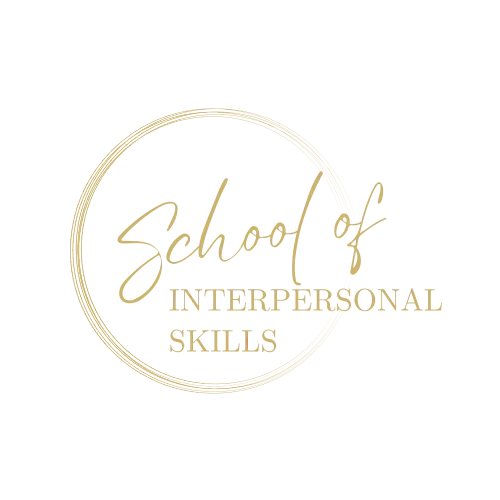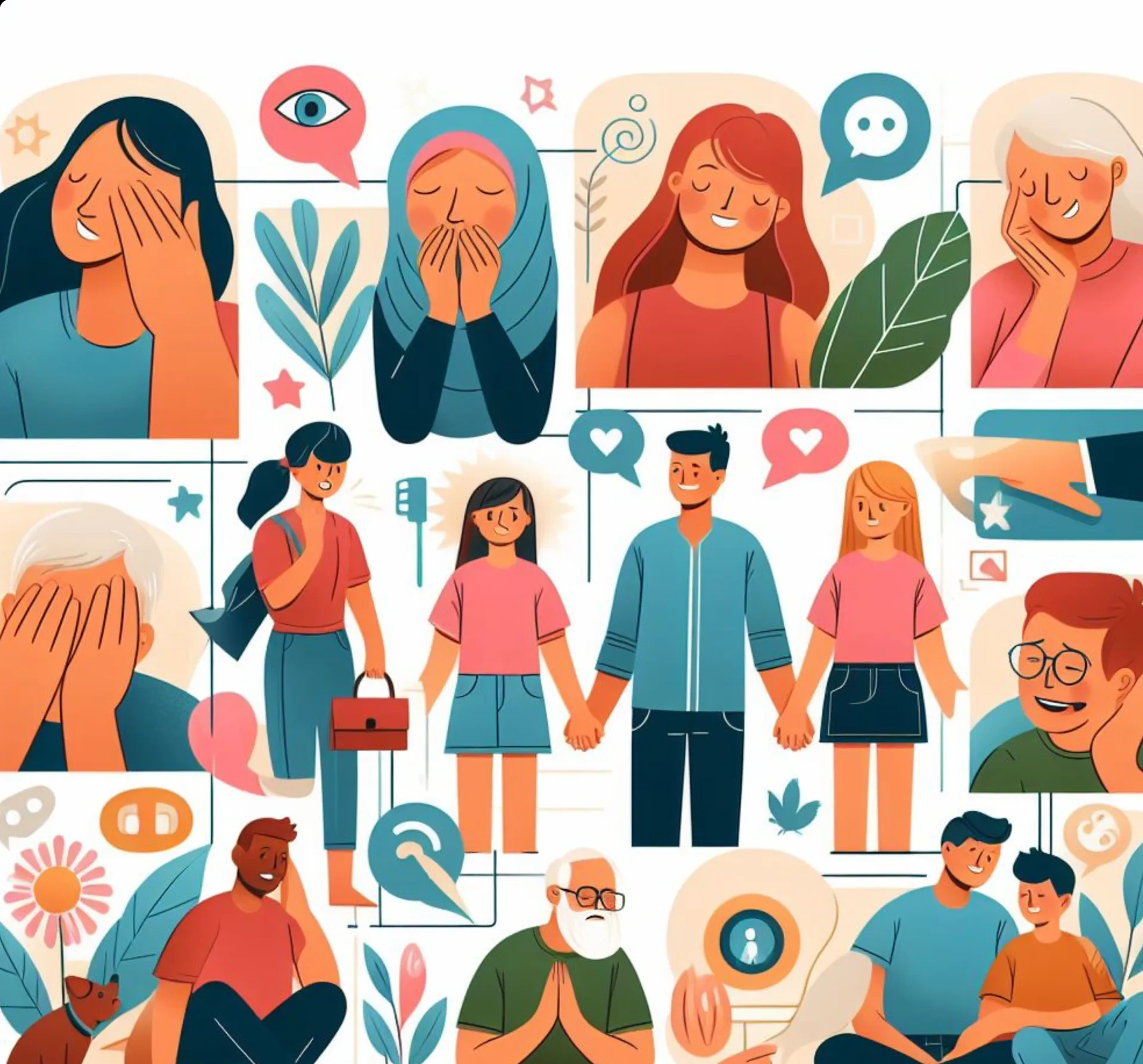Four Key Practices For More Self Awareness
Practicing self awareness increase your intentionality in life. As you become more attuned to your own self awareness, your unconscious patterns will lose their “grip” on you. This article will give you 4 easy to learn practices that will increase your self awareness beginning today.
Self awareness is the holy grail to living an optimal life. When you are self aware you are no longer a “puppet” to your memory system. I’ve shared previously that our memory system is like the Wizard of Oz pulling strings behind every experience that unfolds for you. That’s fine is you were lucky enough to have an extraordinary upbringing. That said, life always has a way of teaching us important lessons. Self awareness will help you to get those lessons even faster.
In this article, I want to share 4 practices you can do starting today that will enhance your ability to be more self aware. You could probably write a book about each of them. For now, let’s just touch on them so you are aware of what they are and whether or not they could be useful in your life at this time.
Practice #1 Meditation
Meditation is well know in the personal development circles. It’s the practice of calming your mind. If you have not done it, I highly recommend you at least try it so you can see why it’s so valuable. What I find is the most important aspect of meditation is it will help you to self regulate your nervous system better. That means you will feel calmer and make better decisions in your life.
My favorite way to meditate is to look upward to my third eye, between the eyebrow, and then breathe up my spine (Pranayama Breathing). Your inhale starts at the base of the spine and finishes at the 3rd eye. When you exhale, just reverse it.
As I do this, I watch my thoughts. Ideally, you want to let them go by and not “feed” them. Instead, redirect your attention to your overall bodily sensations.
This practice, will facilitate the release of trauma stuck in the body. It also is a big stress reliever.
Practice #2 What Do I Want
My meditation practice over the past 30 years has taught me a great deal about how unpredictable the mind can be. It’s easily distracted and biased. You can easily see this for yourself. Set a goal in life and watch how quickly something will get in the way.
I first learned the tool Im about to share from Stephen Covey. One of my mentors. I especially loved his book, Principle Centered Leadership. He is regularly said, “Start With The End in Mind.”
Take a moment and write down something that matters a lot to you. Maybe it’s having a better more intimate relationship with your partner or even having an intimate relationship. Maybe it’s saving enough to buy a new home. Write it down.
Now ask yourself, “What can I take action on to move towards this outcome?” and "Which of these things are in my control?" Write down those answers.
Over the next few weeks, revist that list. Be really honest with yourself and see if you are doing what you wrote down. Maybe you’ll even see other things you can do, add those to your list.
I think what you will find is it’s hard to break old habits. The mind loves habits. This is part of the implicit memory system. Otherwise known as the “muscle memory” system.
The ongoing practice is to face the truth about 1. how bad you want something and 2. the distractions you allow to get in the way.
The discipline is to be very clear about what you want and what you will do and follow through on to reach that goal.
After a time doing this, it's possible to discover you actually don't want what you've been striving for. I've had many clients report when they do this exercise, they got in touch with the original reason they choose what they thought they wanted. They discovered they were trying to please someone or "do what was right." It's liberating when you make these discoveries.
If this happens to you and you want support identifying what you actually do want, please set some time on my calendar.
Practice #3 The Witness
Of all the practices mentioned here, this one is the most important. If you are unsure what "The Witness" means do this exercise right now. As you are reading this blog, say inside your head, “This is me, reading Ed’s blog article.” The part of you that can see your experience at the meta level is your witness.
Some people also call it the “observer.” Whatever you prefer is fine.
The Witness practice is one I do many times a day. I will often say, “This is me driving down the road.” or “This is me thinking of…again.” or “This is me when I’m triggered.”
What I find to be very helpful is to sit on my meditation pillow and see if I can sense the part of me that is witnessing versus the part of me that is on autopilot. It’s an interesting experiment I invite you to try as well.
Simply sit, and say to yourself “This is me observing my thoughts.” then watch your mind and how quickly a thought comes in and instantly you begin to ruminate or strategize. When you see that happening, return to your breath and witnessing. Eventually, you’ll get so you can just watch. If you get bored, go back to witnessing the boredom.
This exercise has taught me so much about my good and bad habits in life. With practice you will learn to see your life unfold much easier and how to be more incontrol of your intentions.
Practice #4 Self Honesty
The brain has a way of convincing us of things. There are many University experiments about this phenomenon. Take, for example, the 2020 election. I often found myself hearing things that I believed were false. Initially, I grumbled and complained but then, over time and repetition of hearing the same message, I would question some of my beliefs. I actually started doubting if I had my facts right or wondered where I could turn to find the truth about something.
Over the years, I’ve learned the brain is a fickle thing. Today, I don’t give it anywhere near the power I used to give it. I question most impulses and wonder what my motive is. Many times my intention is coming from fear. For most of my life, I rarely even questioned myself about my intention. Once I began questioning my motives I started to realize the power of the unconscious mind.
By practicing self honesty and questioning your motives, you can learn to change your perceptions. Your life will radically change, when you learn to change your perceptions. Many things I used to default to when I was younger are no longer there. In many areas of my life, I can now see my choice in slow motion of how I used to think but now how I want to think. I get better outcomes in my life as a result.
Be watching in a couple weeks for a very important newsletter article I will write on a practice that will enhance self honesty and bring far more clarity into your life. The end result is you are happier, less stressed, and move into a better relationship with life and others around you.
Your Turn...
Now it's your turn. Where do you want to go from here? You can go to the next thing today and let these words fade into the past, or take a few minutes practice them, then write down what you learned, what appeals to you, and how you want to use them in your life, and what to do next. Then practice...
If you choose remember these 3 tools, what system will you use to remind yourself? Will you use your smart-phone to remind you, or an old-fashion sticky note? Either way, your level of engagement will determine the benefits you will receive. Let me know if you have any questions.
If you benefited, be sure to forward this to at least one friend to spread the word. It makes the world a more conscious place to live! You are part of the solution.
Live your life with a conscious heart today. Until next time…
Infinite blessings to you and all you love!

